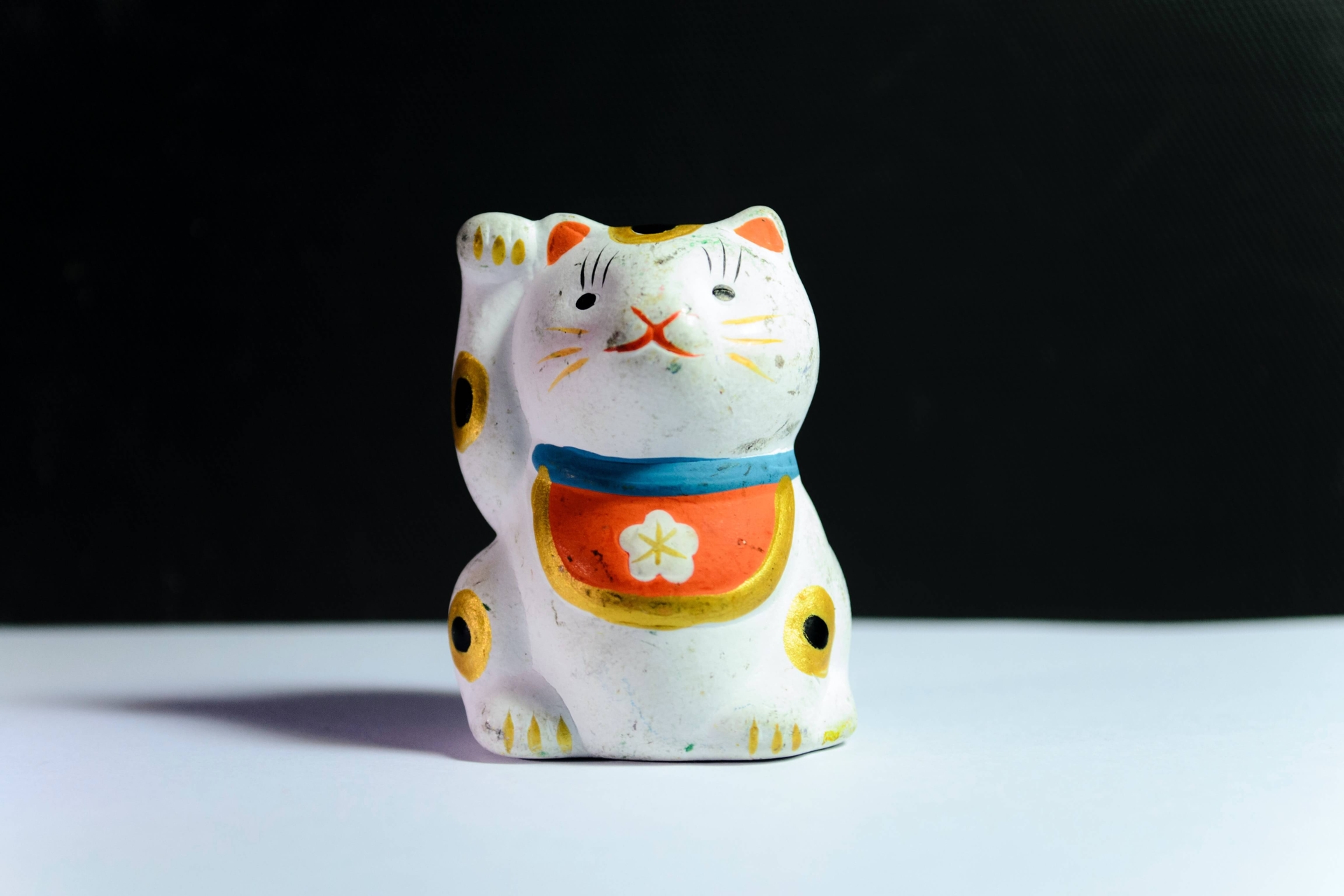What is Luck?
What is luck? Luck is where chance and consciousness merge.
Luck is our brains trying to make sense of a chance occurrence. Humans tend to draw conclusions and see patterns where there are none. It’s the way our brains are wired. Luck is a combination of science, math and psychology mixed together to create what we call luck.
Let’s look at each of these more closely.
The Science of Luck
There is a term in science known as “space-time” but when we’re talking about luck, this phrase may sound more familiar: “Right place at the right time”. This can go for either good or bad luck. Time and place are very important factors when considering luck. Bumping into an old friend, leading to a profitable partnership could be seen as serendipity. Or a spontanious right-turn, heading to your favorite fast-food restaurant could result in a car accident. Whether it's good luck or bad luck, space-time is an important ingredient in this recipe.
The Mathematics of Luck
The math involved in luck are also known as probability and statistical fluctuation. Randomness affects a lot of what we do. Any improbable event you can think of is almost guaranteed to happen if given enough opportunities. Another way to think about it, and you may have heard this before since it’s a common saying, if you give a thousand monkeys typewriters they'll eventually type out William Shakespeare’s Hamlet. Probability has a lot to do with that.
It’s like flipping a coin. If you sit there and record 100 coin flips, you will notice streaks of heads and streaks of tails. We typically have either good luck streaks or bad luck streaks in our life. "When it rains, it pours." These streaks of luck are known in the world of math as statistical fluctuation.
If you want more information on probability, then check out my past article “How to Predict if You’re Going to Win or Not.”
When experiencing bad luck in life, try not to get caught up in the gambler's fallacy, believing that past events predict future events. It's just a flip of the coin, and streaks of bad luck are always accompanied by streaks of good luck. Things will get better.
The Psychology of Luck
The psychology of a person impacts luck by means of perception. How you perceive things plays a big part in determining whether you’re lucky or not. For example, if you’re walking down the street and a car veers off the road and almost hits you, are you lucky or unlucky? You could view this event as unlucky since the car almost hit you and you could have died! Or you could see it as being lucky that the car didn’t hit you and you’re still alive.
Perception tends to cause many self-fulfilling prophecies. What do you tend to focus on? Do you focus on more bad things or good things? Believing in luck and focusing on it means you’ll notice luck more often. If a person feels that they are incredibly unlucky and are always noticing all of the unlucky things that happen, then they’ll continue on this downward spiral. The same goes for good luck. Our brains have a filter where we remember and focus on the good or bad luck that surrounds us. It sticks out in our mind and we tend to notice what reinforces our bias. In a way, we tend to make our own luck.

